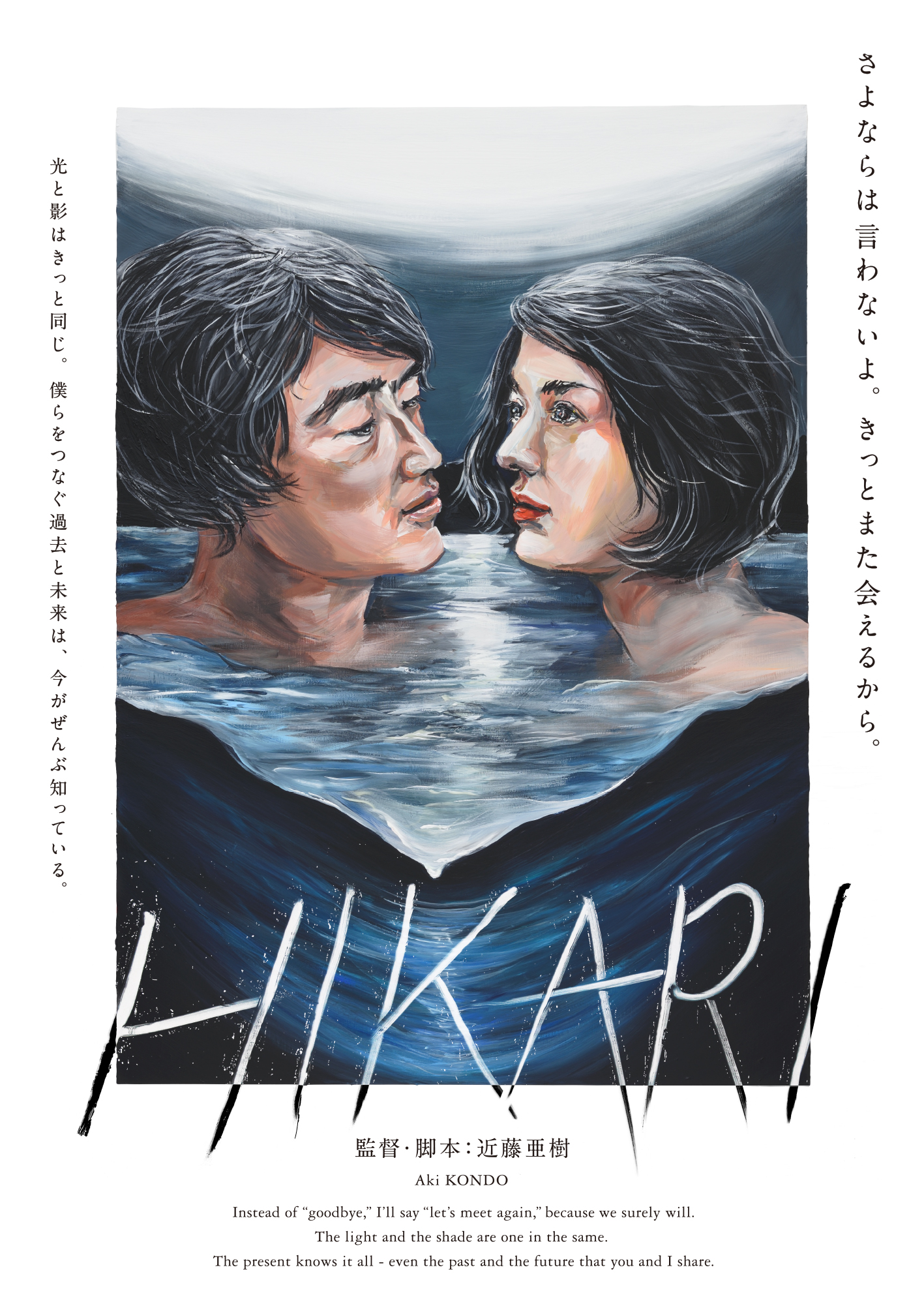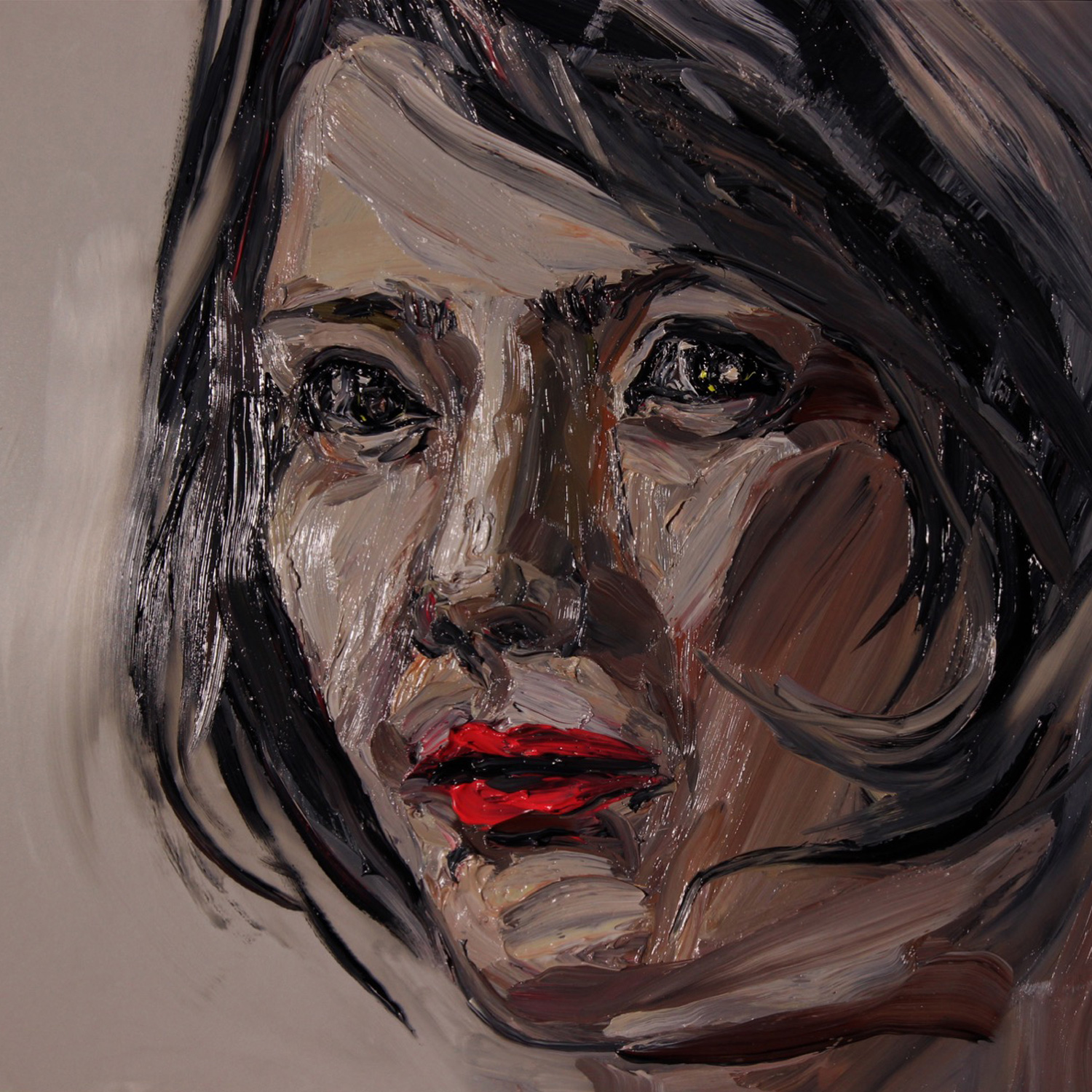Artist Statement of the Movie HIKARI by Aki Kondo
HIKARI, my first film work, is a short film consisting of oil painting animation and live-action footage. I see the film as a kind of message that all of us living now will have the chance to “meet again” someday.
There is something that I hope to convey through the work.
Every precious life that is born into this world will someday be visited by death. When left alone after loved ones have departed, we may feel so overwhelmed that we question the very value of life. We may think it’s not worth going on. But, as long as we are living, we are capable of experiencing any kind of emotion, and that is a wonderful thing. Even if one who was dear is visited by death, we must tell ourselves that we will meet them again someday. We who are left living cannot give up. It is this feeling itself that has the power to lead us to a new future, that can show us the way to make a present along with a past.
First there was the Big Bang, then life was born from the sea, humans appeared, becoming male and female. Thereby, an unending chain of life was set in motion that continues to this day.
And there is something else I want to convey through this film. There is a part of the human body that dies as it is born – and that is human hair. However, it is difficult for us to cognize each and every one of the countless hairs that grow to protect our heads. By depicting the limitless love that those hair cells, which don’t even cause us pain when we cut them off, have for us, I wanted people to understand how they protect us from so many different things.
Living organisms are born and die alone, and for that reason we give thanks for the love we find during the time we are alive – why we find support in things or people. I hope my film is able to convey this idea. And I hope that everyone who is alive now is able to get over the pain of losing a loved one, able to conquer the temptation to give up. Because, truth be told, we will all meet that person again someday.
February 2015, Aki Kondo




